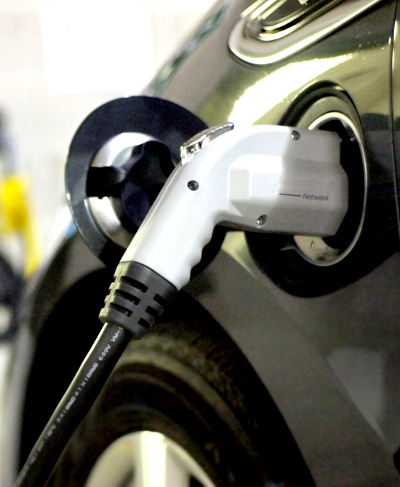AI aids EV networks
 AI is being used to help improve electric vehicle charging systems.
AI is being used to help improve electric vehicle charging systems.
While electric vehicles are gaining popularity for their ability to reduce greenhouse gas emissions, the lack of confidence in charging services is still a major deterrent.
Building a reliable network of charging stations is difficult in part because it's challenging to aggregate data from independent station operators.
But now, researchers in the US have developed an AI that can analyse user reviews of these stations, allowing it to accurately identify places where there are insufficient or out-of-service stations.
The system can predict whether a specific station is functional on a particular day, and identify places that may be underserved based on the reports of station availability issues.
The AI is trained to read users’ reviews, which is much more difficult than simply analysing a dataset. Some reviews are as short as one word, while others run several paragraphs and contain numerous topics, misspellings and emojis.
To address the problem, the team tailored their algorithm to electric vehicle transportation lingo. They trained it with reviews from 12,720 US charging stations to classify reviews into eight different categories: functionality, availability, cost, location, dealership, user interaction, service time, and range anxiety.
The AI achieved a 91 per cent accuracy and high learning efficiency in parsing the reviews in minutes.
“That's a milestone in the transition for us to deploy these AI tools because it's no longer [a question of]; ‘Can the AI do as good as human?’” says researcher Omar Asensio.
“In some cases, the AI exceeded the performance of human experts.”
The experts say their new method can enable rapid policy analysis and make infrastructure management easier for the government and companies. For instance, the team's findings suggest that it may be more effective to subsidise infrastructure development as opposed to the sale of an electric car.
The full study is accessible here.







 Print
Print